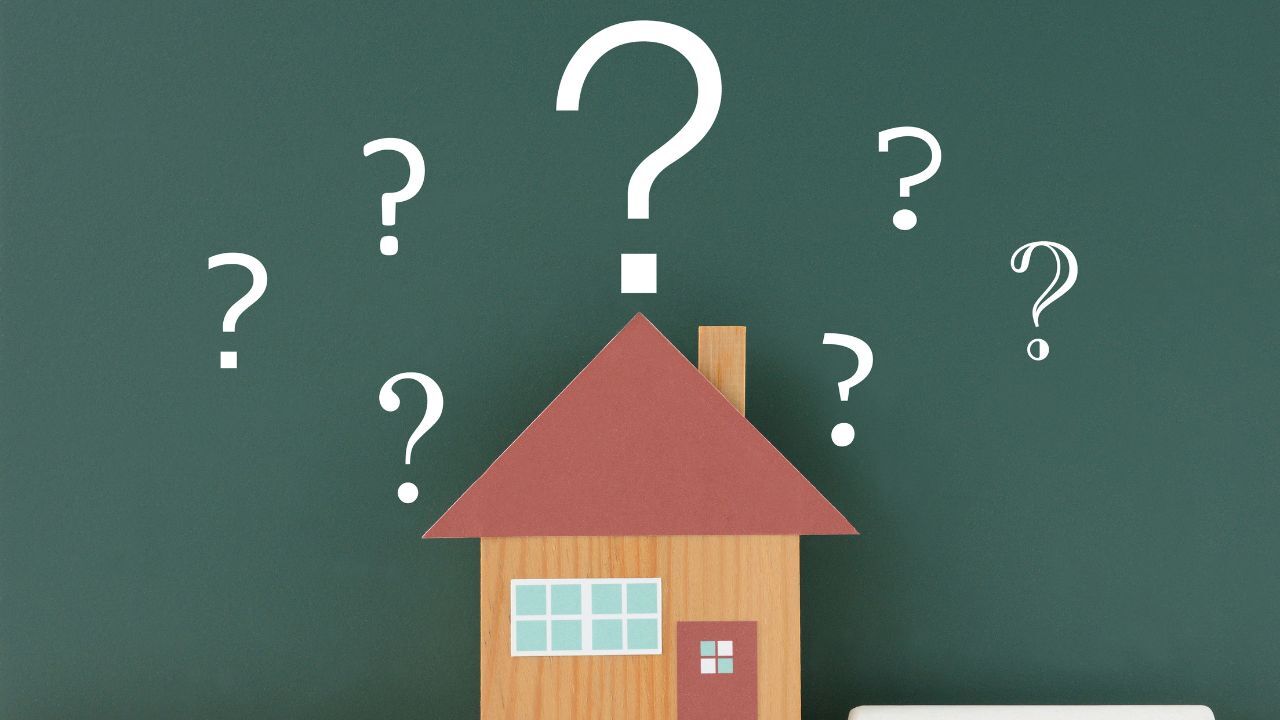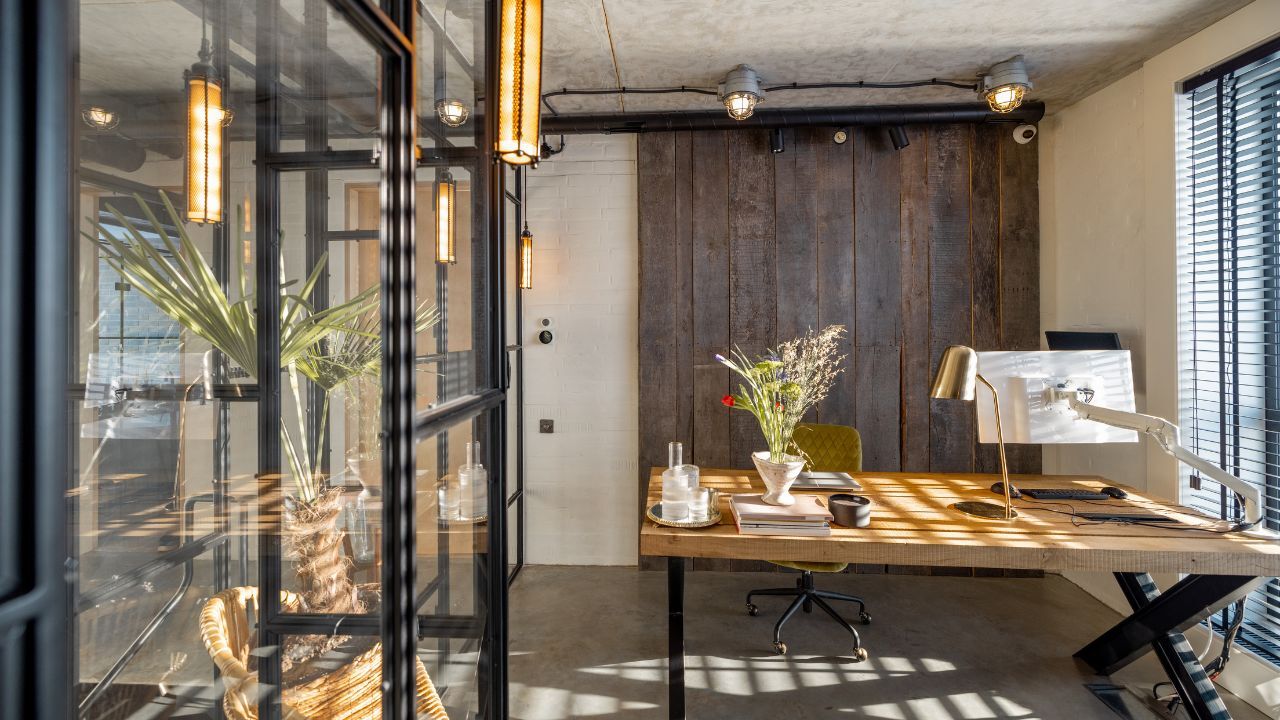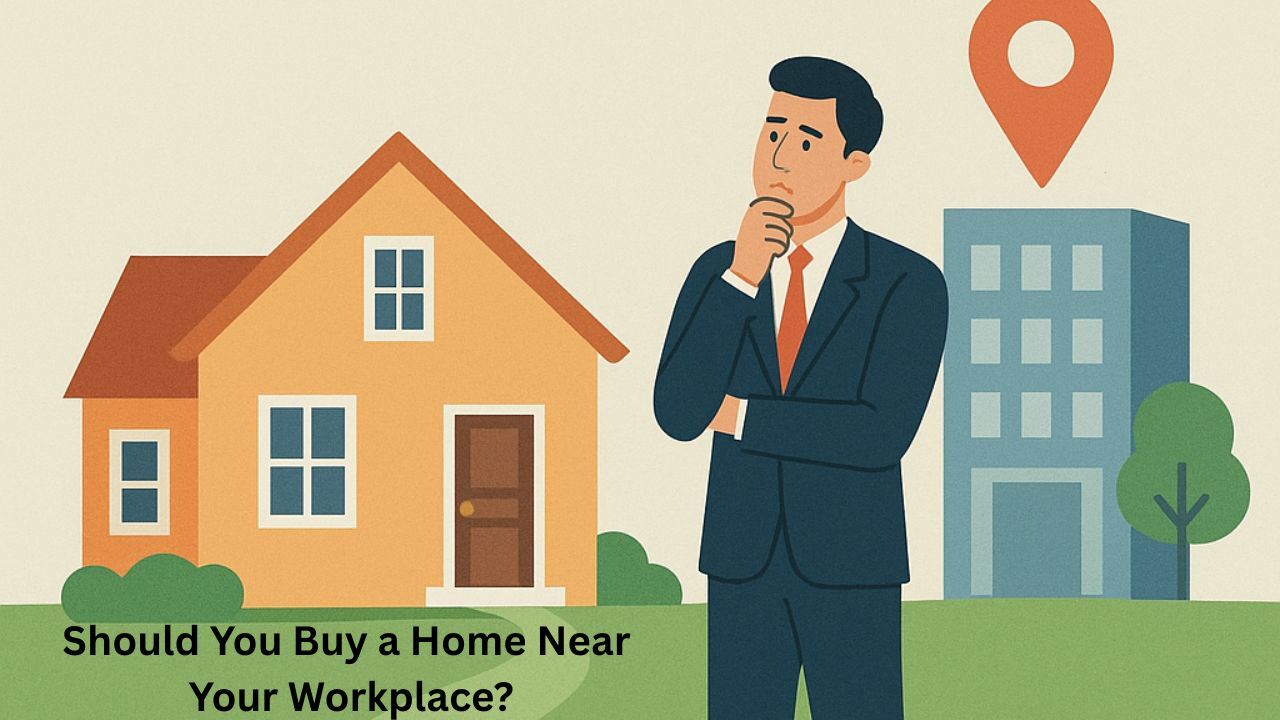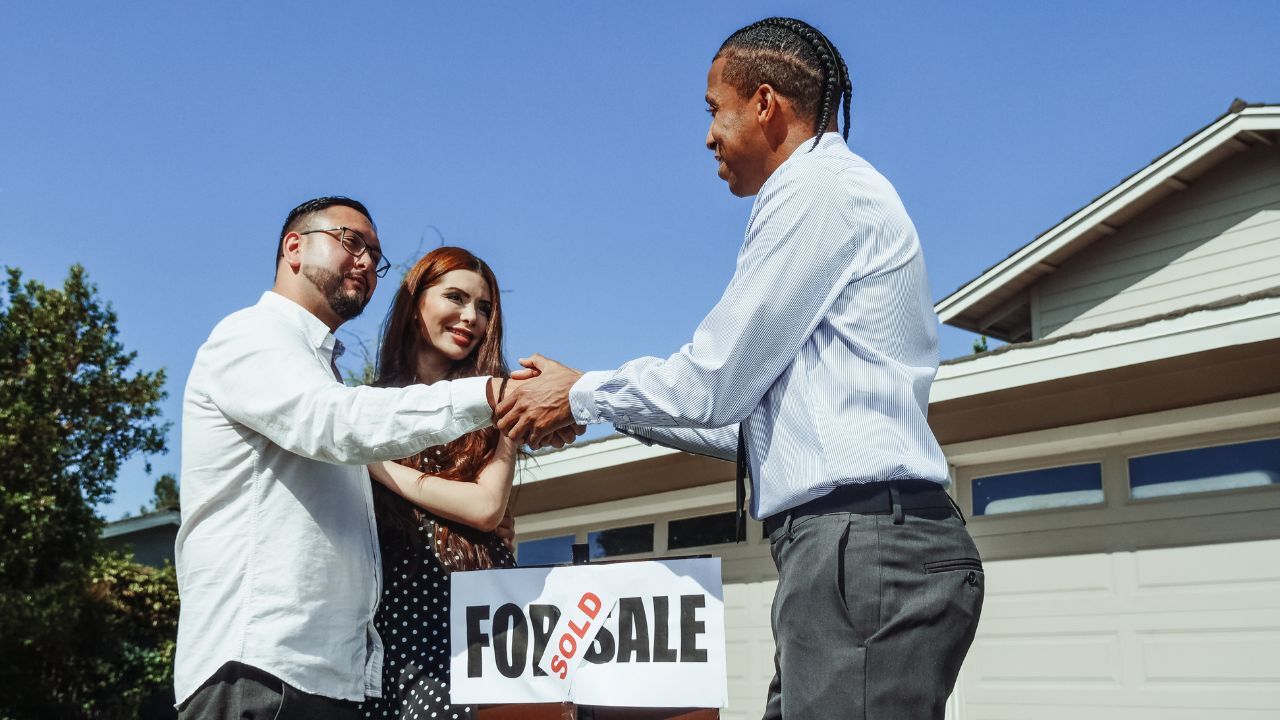
With the release of the PCE Index, inflation has shown to still be creeping upwards but there is significant speculation that the Federal Reserve will continue with their interest rate cut in the future. Meanwhile, the Consumer Sentiment report has been growing pessimistic amidst the job market, which has been shown to be in a pattern of cooling down.
This is offset by the strong growth by the GDP estimates for the second quarter, as it was initially predicted the tariff changes would have a significant impact on the GDP estimates, but the impact has been less prominent than expected.
PCE Index
A key measure of inflation rose in July at a rate that suggests persistent price pressures tied to higher U.S. tariffs, but the increase probably wasn’t big enough to dissuade the Federal Reserve from cutting interest rates next month. The PCE index, the Fed’s preferred inflation gauge, rose 0.2% in July, the Bureau of Economic Analysis said Friday.
Consumer Sentiment
Consumers’ views of the labor market cooled further in August, the Conference Board said Tuesday. Roughly 20% of consumers said jobs were “hard to get” in August, up from 18.9% in the prior month.
GDP Estimates Q2
The US economy grew at an annual rate of 3.3% in Q2 2025, a sharp rebound from the 0.5% contraction in Q1, according to second estimates. The figure was revised slightly higher from the first estimate of 3%, mainly due to upward revisions to investment (5.7% vs 1.9% in the first estimate) and consumer spending (1.6% vs 1.4% in the first estimate) that were partly offset by a downward revision to government spending (-0.2% vs 0.4% in the first estimate) and an upward revision to imports (-29.8% vs -30.3% in the first estimate).
Primary Mortgage Market Survey Index
• 15-Yr FRM rates saw no change for this week, with the current rate at 5.69%
• 30-Yr FRM rates saw a decrease of -0.02%, with the current rate at 6.56%
MND Rate Index
• 30-Yr FHA rates saw a decrease of -0.05% for this week. Current rates at 6.06%
• 30-Yr VA rates saw a decrease of -0.05% for this week. Current rates at 6.08%
Jobless Claims
Initial Claims were reported to be 229,000 compared to the expected claims of 230,000. The prior week landed at 234,000.
What’s Ahead
Trade Balance will be the most notable release next week indicating the impact of tariffs, followed up by the Nonfarm Payrolls and employment data. Manufacturing PMI and Beige book will offer a backdrop of information.
 Today we honor the hard work and dedication that helps families build the lives they dream of. Labor Day isn’t just about a well-deserved day off, it is about celebrating what that hard work makes possible… like creating memories in a home you love.
Today we honor the hard work and dedication that helps families build the lives they dream of. Labor Day isn’t just about a well-deserved day off, it is about celebrating what that hard work makes possible… like creating memories in a home you love. The real estate industry has seen a dramatic transformation in recent years. Technology has reshaped how homes are marketed and sold, creating a faster, more engaging experience for buyers and sellers alike. Virtual tours and advanced marketing strategies are at the forefront of this change, offering unique benefits that were once unimaginable.
The real estate industry has seen a dramatic transformation in recent years. Technology has reshaped how homes are marketed and sold, creating a faster, more engaging experience for buyers and sellers alike. Virtual tours and advanced marketing strategies are at the forefront of this change, offering unique benefits that were once unimaginable. Purchasing a home is one of the most significant decisions you will ever make. It is an exciting process, but it can also be overwhelming if you do not ask the right questions. Knowing what to ask can help you avoid costly mistakes and ensure that the home you choose fits your needs and budget.
Purchasing a home is one of the most significant decisions you will ever make. It is an exciting process, but it can also be overwhelming if you do not ask the right questions. Knowing what to ask can help you avoid costly mistakes and ensure that the home you choose fits your needs and budget. What started as a temporary solution during the pandemic has now become a permanent lifestyle for millions of people. Remote work, hybrid schedules, and flexible careers have transformed not just how we work, but how we live. Today’s homebuyers are looking for more than bedrooms and kitchens. They want functional spaces that support productivity, privacy, and comfort. A dedicated home office or flexible space is no longer a luxury, it is a necessity.
What started as a temporary solution during the pandemic has now become a permanent lifestyle for millions of people. Remote work, hybrid schedules, and flexible careers have transformed not just how we work, but how we live. Today’s homebuyers are looking for more than bedrooms and kitchens. They want functional spaces that support productivity, privacy, and comfort. A dedicated home office or flexible space is no longer a luxury, it is a necessity. A forever home is often imagined as the place you will live for decades. It is where families grow, memories are created, and life milestones are celebrated. For some people, this vision becomes reality. For others, the thought of staying in one place for life feels restrictive. Instead, they move every five to seven years, searching for new opportunities and experiences. So why do some homeowners stay forever while others are constantly on the move?
A forever home is often imagined as the place you will live for decades. It is where families grow, memories are created, and life milestones are celebrated. For some people, this vision becomes reality. For others, the thought of staying in one place for life feels restrictive. Instead, they move every five to seven years, searching for new opportunities and experiences. So why do some homeowners stay forever while others are constantly on the move? Moving day can be exciting, but it often comes with a lot of stress and unexpected challenges. Whether you are moving across town or to a new city, careful planning and organization are key to keeping the day running smoothly. With the right approach, you can reduce anxiety and make your move a positive experience.
Moving day can be exciting, but it often comes with a lot of stress and unexpected challenges. Whether you are moving across town or to a new city, careful planning and organization are key to keeping the day running smoothly. With the right approach, you can reduce anxiety and make your move a positive experience. Deciding where to buy a home involves many factors, and proximity to your workplace is often near the top of the list. Living close to where you work can offer convenience and save time, but it also comes with pros and cons to consider. Understanding these can help you make an informed choice that fits your lifestyle and long-term goals.
Deciding where to buy a home involves many factors, and proximity to your workplace is often near the top of the list. Living close to where you work can offer convenience and save time, but it also comes with pros and cons to consider. Understanding these can help you make an informed choice that fits your lifestyle and long-term goals. In today’s competitive real estate market, many buyers are faced with the challenge of competing against cash offers. Cash buyers often have an advantage because their offers are faster, less likely to fall through, and more attractive to sellers. However, not having cash on hand does not mean you cannot succeed. With the right strategies and preparation, you can compete effectively and win your dream home.
In today’s competitive real estate market, many buyers are faced with the challenge of competing against cash offers. Cash buyers often have an advantage because their offers are faster, less likely to fall through, and more attractive to sellers. However, not having cash on hand does not mean you cannot succeed. With the right strategies and preparation, you can compete effectively and win your dream home.